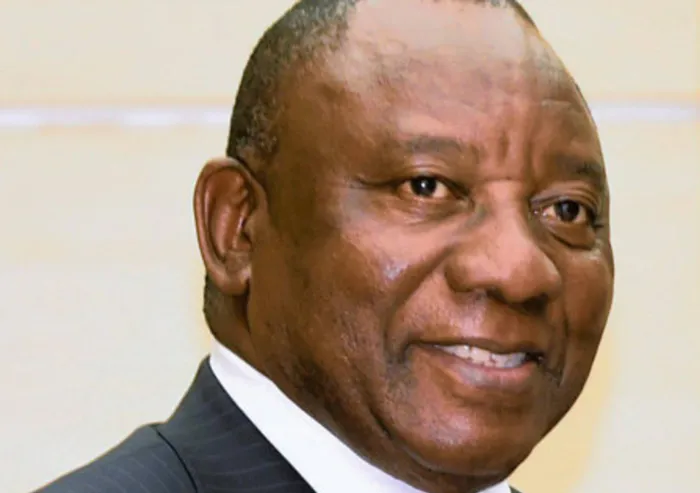Bid to break minimum wage talks deadlock

South African Deputy President Cyril Ramaphosa (L) shakes hands with Japan's Prime Minister Shinzo Abe at Abe's official residence in Tokyo August 24, 2015. REUTERS/Toshifumi Kitamura/Pool South African Deputy President Cyril Ramaphosa (L) shakes hands with Japan's Prime Minister Shinzo Abe at Abe's official residence in Tokyo August 24, 2015. REUTERS/Toshifumi Kitamura/Pool
Johannesburg - A task team probing a national minimum wage is aiming to implement it by April.
According to sources in two constituencies in the National Economic, Development and Labour Council (Nedlac), which is investigating modalities for the wage, deliberations are expected to end next month.
But there is concern that the deadlines will not be met as business and labour are worlds apart on what the amount of the wage should be. Also it is understood that until recently, the Treasury was opposed to a national minimum wage, despite it being backed by the ANC, because it believed that it would lead to job losses.
Nedlac’s community constituency wants the wage to be about R5 000, while according to a document to be discussed at Cosatu’s congress next week new evidence from the group shows a “more realistic” national poverty line of R4 014. The document says that business has indicated it wants the wage to be set close to the lowest current wage sectoral determination, which is for domestic workers.
A meeting of Nedlac’s committee of principals, led by Deputy President Cyril Ramaphosa, deadlocked last Saturday. Sources, who did not want to be named, told Independent Media that areas of disagreement included whether Nedlac should be the forum deciding what the minimum wage should be set at, what the wage should be set at, and the timeframe for completing work on the policy.
To break the deadlock, stakeholders agreed last week that Ramaphosa should hold bilaterals with Nedlac’s four constituents. This took place on Monday and Friday this week.
“The areas of disagreement emanated from the task team dealing with wage inequalities,” said a source close to the negotiations.
Federation of Unions of SA general secretary Dennis George said: “The big issue is that we must report to the president so he can report at the State of the Nation address next year on what is the importance of minimum wages.”
Another challenge to the speedy implementation of a minimum wage is apparently slowness on the part of the Labour Department, which until now has tried to be “independent” of Nedlac processes.
Unions as well as researchers and academics believe the minimum wage will not lead to job losses, but will boost consumption-led economic growth and help lift the southern Africa region through higher remittances sent home by migrants working in the country.
Labour Bureau